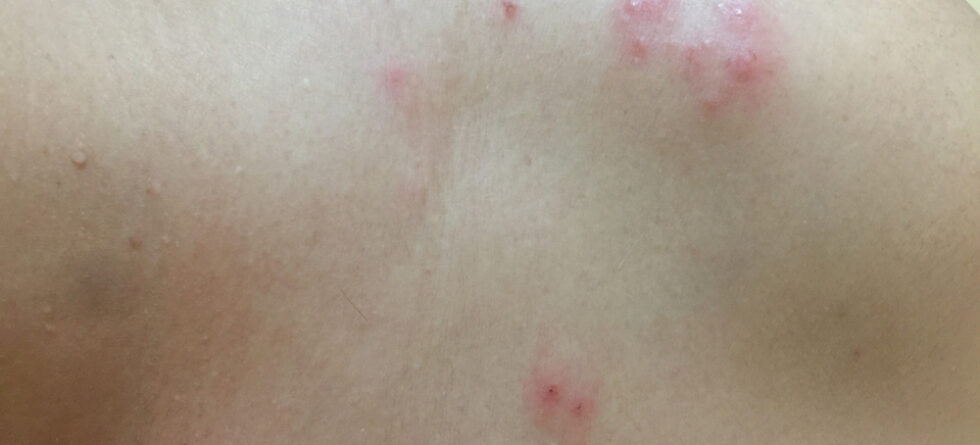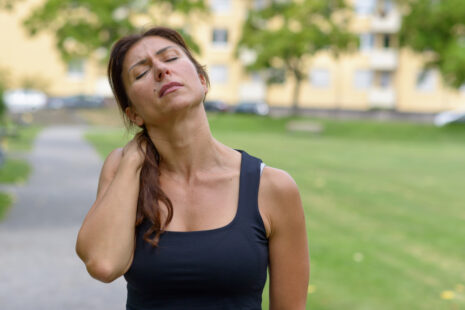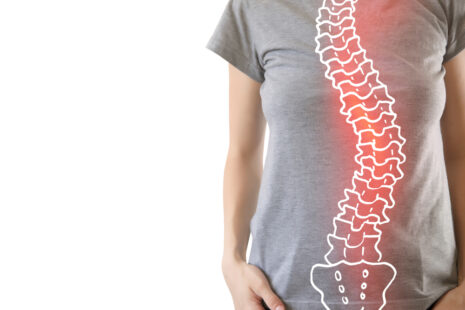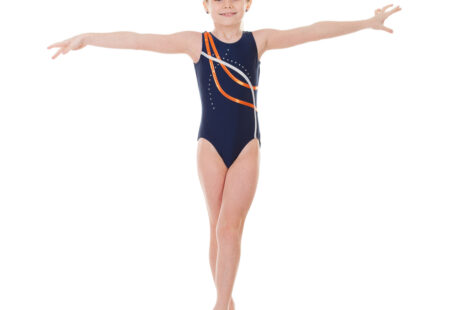In the context of Brazilian Jiu-Jitsu (BJJ), “staph” typically refers to Staphylococcus aureus, a type of bacteria commonly found on the skin and mucous membranes of humans. Staphylococcus aureus bacteria are typically not visible to the naked eye, as they are microscopic organisms. However, when present in large numbers or under certain conditions, they can cause skin infections or create visible signs and symptoms.
Staph infections in BJJ are often characterized by the appearance of skin lesions or sores that may vary in size, shape, and severity.
Common signs and symptoms of staph infections in BJJ may include…
- Boils – Boils are painful, pus-filled bumps that may develop on the skin, particularly in areas prone to friction or sweating, such as the neck, armpits, groin, or areas covered by tight-fitting clothing or protective gear (e.g., rash guards, knee pads).
- Abscesses – Abscesses are collections of pus that form beneath the skin’s surface and may appear as swollen, tender, and inflamed areas. They can range in size from small, localized lesions to larger, more extensive areas of infection.
- Folliculitis – Folliculitis is inflammation of the hair follicles caused by bacterial infection, which can result in red, pimple-like bumps or pustules on the skin, particularly in areas where hair grows (e.g., scalp, beard, chest, legs).
- Cellulitis – Cellulitis is a bacterial skin infection characterized by redness, swelling, warmth, and tenderness of the affected area. It may spread rapidly and affect deeper layers of the skin, leading to more severe symptoms if left untreated.
- Impetigo – Impetigo is a contagious bacterial skin infection that commonly affects children but can also occur in adults. It is characterized by the appearance of red, crusted lesions or sores, often around the nose, mouth, hands, or other areas of the body.
It’s important to note that not all skin lesions or sores are caused by staph infections, and other factors, such as fungal infections, allergic reactions, or skin conditions (e.g., eczema, psoriasis), can also cause similar symptoms. Proper diagnosis and treatment of skin infections in BJJ require evaluation by a healthcare professional, such as a doctor or dermatologist, who can assess the skin lesions, perform appropriate tests (e.g., bacterial cultures), and recommend treatment based on the specific diagnosis. Preventive measures such as good hygiene practices, regular cleaning and disinfection of equipment and training surfaces, and prompt treatment of skin injuries can help reduce the risk of staph infections and other skin-related issues in BJJ.




